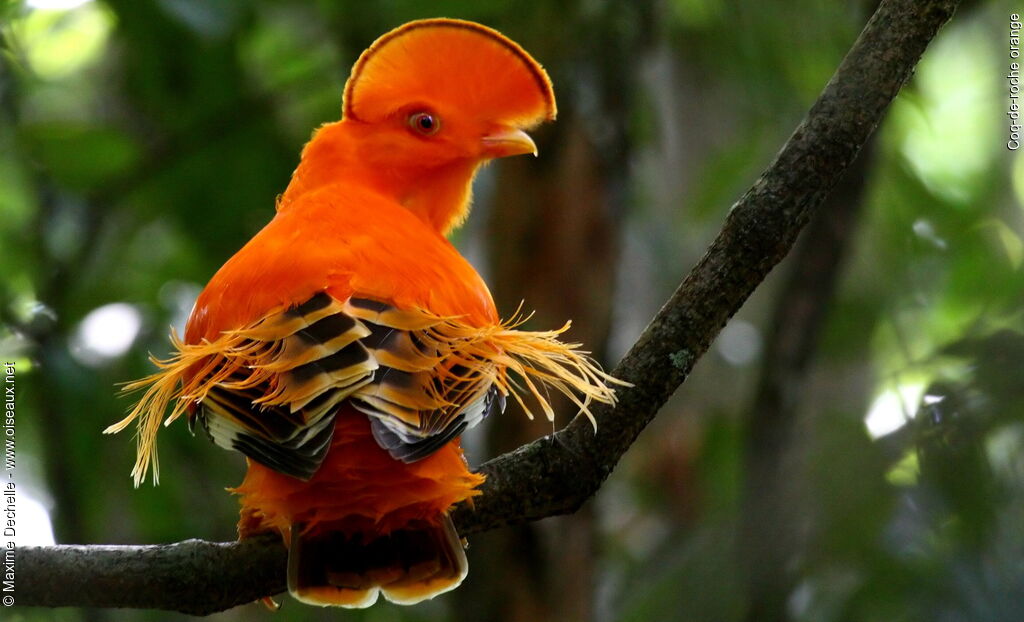The Americans started off with one of the toughest schedules of the group round and thrived. Slovakia, which is traditionally counted as one of international hockey’s eight strong countries, should have been a challenge for the United States but was humiliated in a 7-1 loss. Next up was a tough Russian squad playing on home soil; they took Team USA to the limit, but the Americans ultimately prevailed. Finally, the group round finished with an obligatory win over Slovenia.
That the United States was able to prevail in a tough situation is to that team’s credit. The U.S. (and for that matter, Russia), just came out of a schedule that might be likened to a difficult river passage, while top opponents Canada and Sweden saw only moderate challenges.
Unfortunately for U.S. medal hopes, that imbalance is not at an end with the completion of the group round. The Canadian and Swedish routes to gold are going to be very difficult, involving two games against top teams. The Americans (and, again, Russian) voyage is going to be extremely hard to make and likely means they aren’t the gold-medal favourites at this point despite their successes.
It starts in the quarterfinals. Thanks to the vagaries of international competition, only six of international hockey’s so-called “Big Eight” teams will compete in this round of games. Canada and Sweden were lucky enough to draw the upstarts from Latvia and Slovenia, respectively, and barring something wholly shocking from happening, they are guaranteed a spot in the semifinals.

Al Bello/Getty Images
The United States has no such luck. Instead, they face a Czech team capable of beating them. The two teams haven’t played each other in the Olympics since 1998, when the Czechs knocked off the United States in the quarterfinals en route to a gold-medal win.
This year’s Czech Republic team isn’t the equal of that 1998 squad. It is most evident in net, where the team doesn’t have a generational goalie like Dominik Hasek. Instead, they have to choose between one of the NHL’s weakest starters (Ondrej Pavelec) and a pair of KHLgoalies (Alexander Salak and Jakub Kovar).
Making that choice even more difficult is that Pavelec played today and has an ugly history in back-to-back games at the NHL level:
There’s a good argument, too, that the Czechs aren’t making the best use of the players at their disposal. It started with the naming of the team, a team that now includes 42-year-old Petr Nedved and excludes two of the NHL’s top-five Czech scorers (Jiri Hudler and Radim Vrbata).Nedved, incidentally, has been getting more ice time than NHL’ers like Martin Hanzal, Michael Frolik and Ondrej Palat. And that’s not even getting into the fact that Tomas Kaberle, who washed out of the NHL two years ago and is second on the blue line in time on the ice.

Dave Sandford/Getty Images
But for all the controversy surrounding the team, the Czechs are still a medal threat in every tournament, boasting significant talent up front and on defence. There are signs, too, that Czech head coach AloisHadamczik is settling into a more sensible game plan with his roster.
In the Czech Republic’s first elimination game, against Slovakia, the team almost exclusively used NHL’
ers in its top-nine forward group, with the lone exception being Roman
Cervenka, who scored twice and has 12 shots in the tournament. Michal
Barinka, the controversial roster inclusion who
the IIHF reveals is also the coach’s son-in-law, was scratched for the game.
The United States is certainly favoured to beat the Czechs, but as every hockey fan knows, anything can happen in a single game, and the gap between the two teams is narrow enough that it wouldn’t be a huge shock to see the Czech Republic knock Team USA out of the tournament. So, while Sweden and Canada play far inferior teams, the Americans will be white-knuckling their way through a game against a legitimate medal contender.
It only gets harder after that. If the Americans prevail, they’ll likely face Canada, the team they lost the gold medal to in 2010. Only if they manage to beat Canada will they meet the winner of the other side of the bracket (Sweden, Russia, Finland and Slovenia) in a gold-medal tilt.
It will be a tough trek, and the riskiest portion of the journey starts tomorrow against the Czechs.


 Illinois Fighting Illini (14-10, 3-8 Big Ten)
Illinois Fighting Illini (14-10, 3-8 Big Ten) Nebraska Cornhuskers (12-10, 4-6 Big Ten)
Nebraska Cornhuskers (12-10, 4-6 Big Ten)